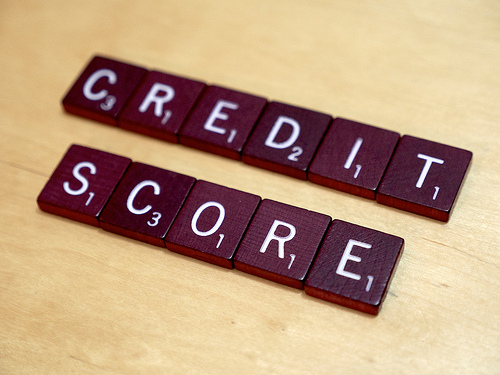
by Adam | Oct 24, 2014 | Credit Repair
If you want to improve your credit score, there are a few steps you can take that will potentially make short-term improvements, and strategies that are a bit more long term. One long-term strategy is to pay off all your outstanding debt. How much debt you carry determines up to 30% of your credit score, so reducing that amount will help boost your score. But it can be difficult to pay off debt especially if you carry large balances. You need a plan; a strategy for paying off credit cards and loans as quickly as possible. Two possible approaches you could take are the Avalanche method and the Snowball method. First you need to tally all your debts. Make a list of credit cards, student loans, car loans, etc. (excluding your home mortgage), including their respective balances and interest rates. You’ll use this information to plan your next move. The Avalanche Method to Paying off Debt To pay off debt using the “avalanche method,” you arrange your debts by interest rate. Zero in on the balance with the highest interest, and throw all the money you can at it. Keep all other payments at a minimum, but dedicate every extra penny to paying off the credit card or loan with the highest interest. Once you finish paying it off, move to the next item on your list and focus on that one. This creates an “avalanche” effect, knocking out your most expensive credit cards first until you’ve annihilated all your debt. In the long run, the avalanche method saves you the most money. When you carry a balance with a high interest...

by Adam | Oct 16, 2014 | Credit Repair, Uncategorized
Credit report errors are frustrating and difficult to repair, but they happen more often than you might think. If your credit report is full of errors, you’re not alone; and it’s your right by law to have those errors removed. You can do the legwork yourself by sending out letters to all the relevant credit bureaus and lenders, or you can hire a credit repair company to use their expertise on your behalf. Legitimate errors are common, and they come in many shapes and sizes. Here are some of the errors, discrepancies, and inaccuracies that happen most often. Inaccurate Personal Information A misspelled name, or a middle initial left out, can lead to problems on your credit report. For example, simple errors like this can make it so another person’s credit history is mistakenly placed on your report. To avoid these errors, make sure all your personal information is accurate and complete: social security number, full name, work history, current address, etc. Identity Theft Identity theft is when someone uses your social security number, name, and other information to fraudulently open an account. It can damage more than your credit; identity theft can potentially hit your finances hard, especially if you don’t notice it for a long time. Credit monitoring services can help catch identity theft before it’s too damaging. You can also freeze your credit until the errors are resolved, if you think you’ve been a victim identity theft; this prevents anyone (even you) from accessing your credit. Unfortunately, repairing your credit after identity theft is complex and time consuming. You may benefit from legal help and a...





Recent Comments